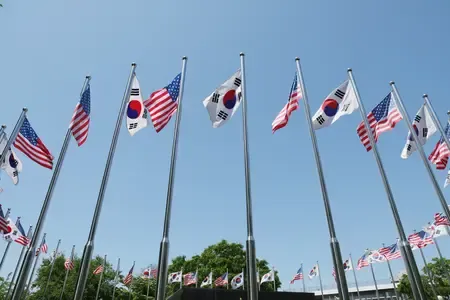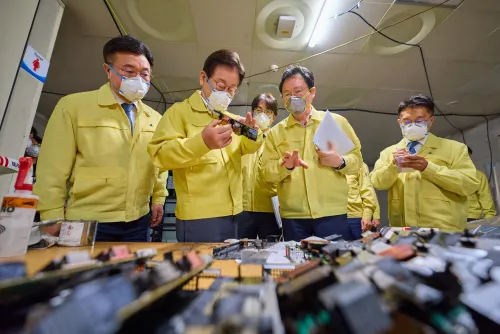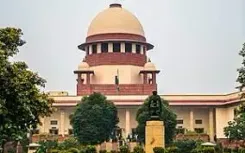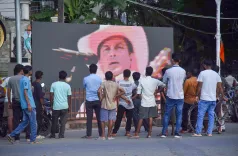South Korea: Acting President Han Rejects Six Controversial Bills Passed by Opposition
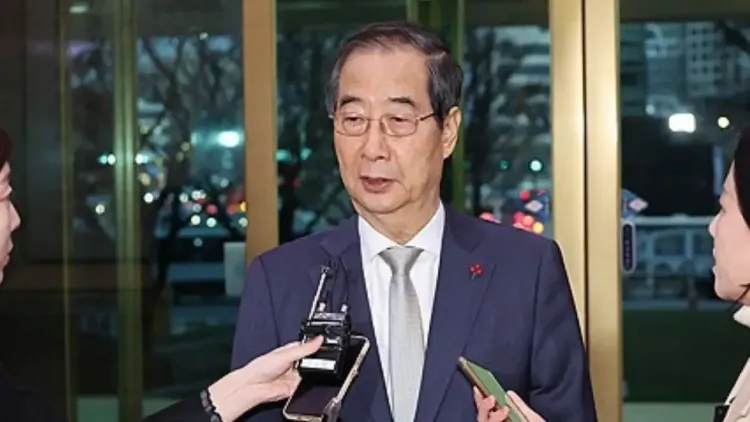
Seoul, Dec 19 (NationPress) Acting President Han Duck-soo of South Korea on Thursday vetoed six controversial bills, representing his initial use of Presidential powers since stepping into the role of interim leader after President Yoon Suk Yeol was impeached and suspended due to a botched martial law declaration.
Han supported a motion for the reconsideration of four agricultural bills and two parliamentary-related laws that were passed by the main opposition Democratic Party last month, which received approval during an extraordinary Cabinet meeting he led earlier in the day.
"It weighs heavily on my heart to ask the National Assembly to rethink the six bills at such a crucial time when collaboration between the government and political factions is more vital than ever," Han stated.
"Nevertheless, the government must make a responsible choice that upholds the essence of the Constitution and the future of our nation," he added.
Among the significant proposals is the Grain Management Act, which requires the government to buy surplus rice to stabilize prices amidst market fluctuations. A similar proposal was vetoed by Yoon in March 2023 and later eliminated in a revote.
Additional bills include the National Assembly Act, intended to prevent the automatic submission of the government budget to the plenary session after the legal deadline, and the National Assembly Testimony Appraisal Act, which would compel companies to provide requested data to lawmakers.
Han articulated that the agricultural bills would disrupt the market system and result in an oversupply of rice, imposing massive financial burdens on the government, as reported by the Yonhap news agency.
He also pointed out that the proposed changes to the National Assembly Act eliminate a 'minimum standard' that parliament must adhere to for the timely execution of the national budget, potentially disadvantaging the public.
Regarding the amendment to the testimony and appraisal act, Han remarked that obligatory data submission to lawmakers under any scenario raises concerns about privacy rights infringements as well as risks to core technologies and trade secrets.
The government and the ruling People Power Party have opposed the bills, citing apprehensions about the financial implications of the mandatory rice purchasing and potential trade data leak risks during parliamentary testimonies.
Conversely, the main opposition Democratic Party has urged the interim leader to practice restraint and uphold the status quo.
Han took on the role of acting President after Yoon's impeachment on Saturday due to his brief martial law declaration on December 3.


